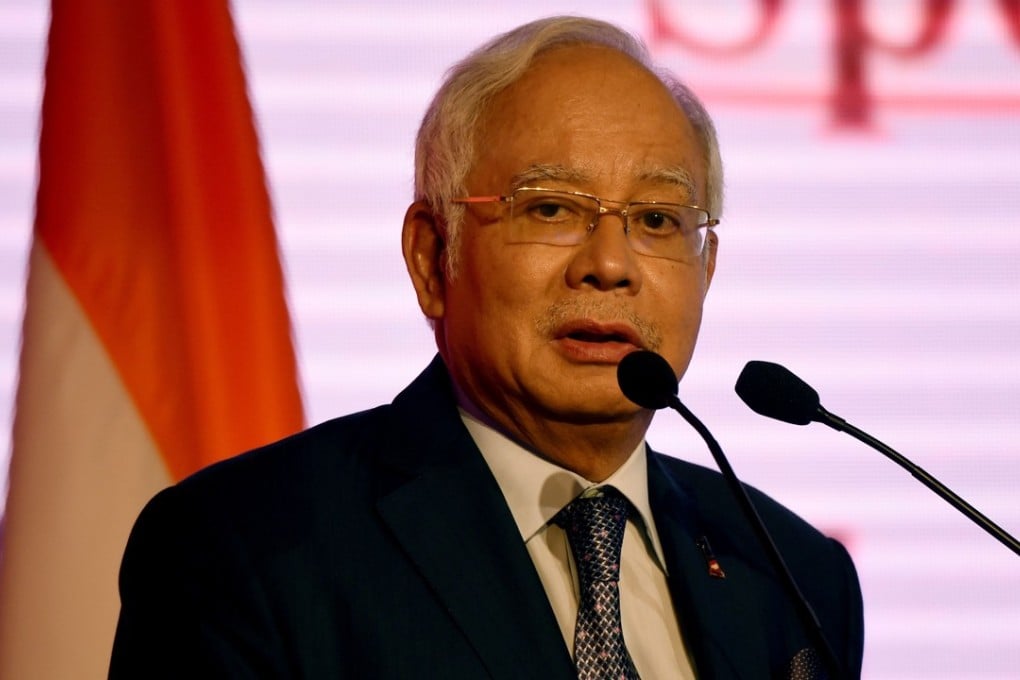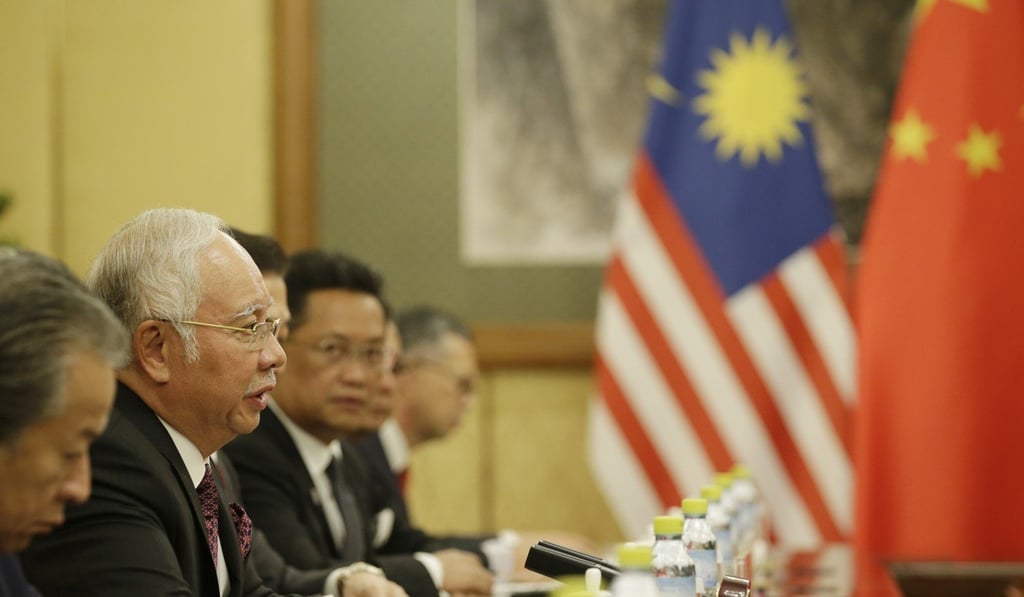Bandar Malaysia woes cast shadow on Najib’s trip to Beijing
As Malaysian leader heads to China for Belt and Road Initiative meeting, a deal that was supposed to exorcise demons of the 1MDB scandal has fallen through, bringing into question the future of other Chinese investments in the country

The collapse of a deal for a Chinese state-owned company to help bail Malaysia out of a multibillion-dollar financial scandal has cast a shadow over the appearance of Malaysian Prime Minister Najib Razak at the Belt and Road Initiative summit in Beijing this weekend.
The deal between China Railway Engineering Corp (CREC) and local Malaysian partner Iskandar Waterfront Holdings to buy a 60 per cent stake in Bandar Malaysia, a major property development in Kuala Lumpur, from Malaysia’s troubled state-investment fund 1 Malaysia Development Berhad (1MDB) fell through last week, complicating Najib’s efforts to move on from a scandal surrounding the fund.
In December 2015, Iskandar, owned by Malaysian tycoon Lim Kang Hoo, and CREC had said they would pay 7.41 billion ringgit (HK$13.2 billion) for the stake.
But on Wednesday TRX City, a former 1MDB division now owned by the Malaysian finance ministry, said the deal had lapsed because the buyers “failed to meet the payment obligations”.
CREC and Iskandar have disputed that claim, saying it did “not fully and accurately reflect the circumstances and conduct of the parties in this matter.”
